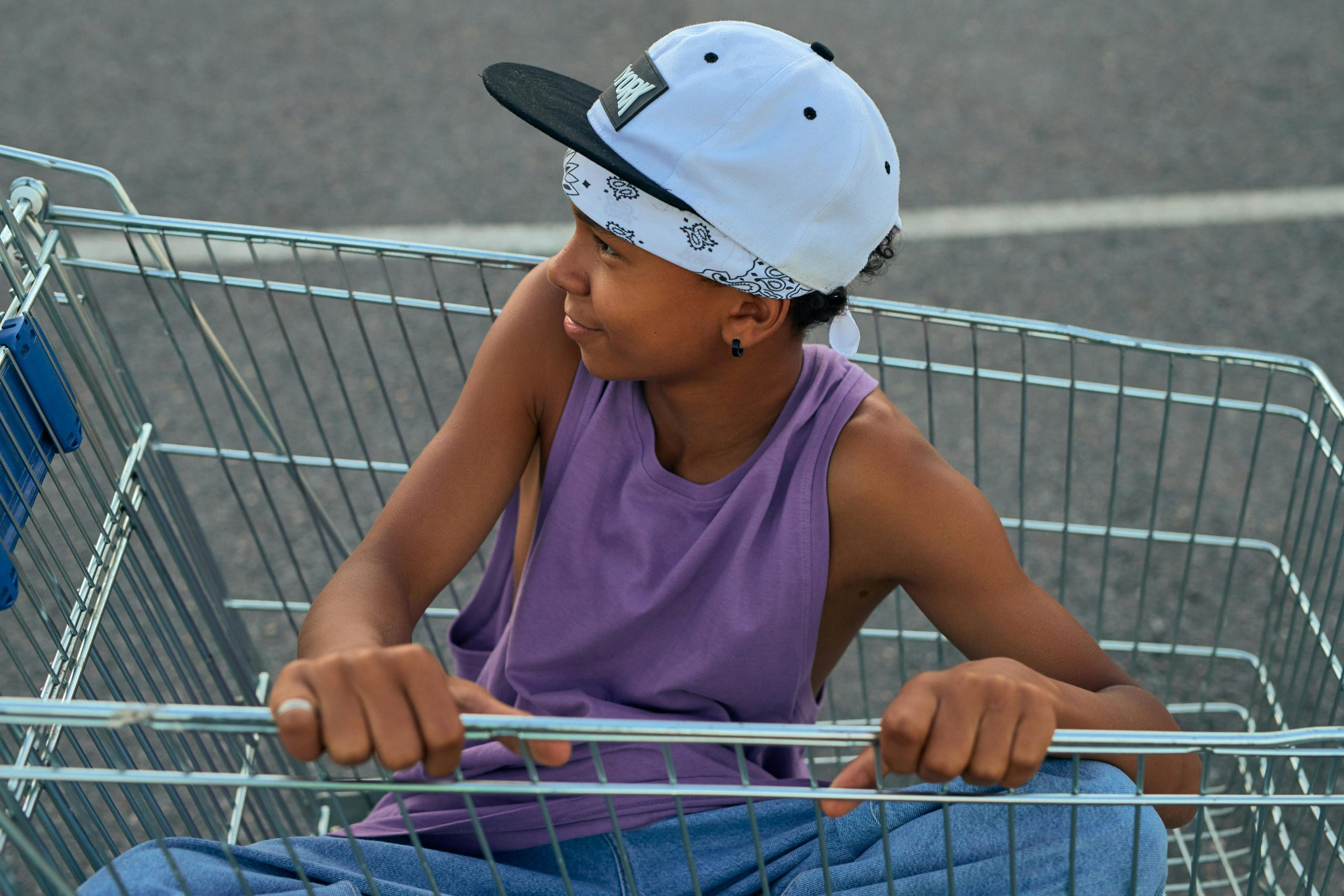Exploring How Fashion Shapes Global Cultural Narratives
Fashion is so much more than just clothes; it is an expression of cultural identity, creativity, and societal values. The way we dress tells a story and conveys a message to the world about who we are and where we come from. In today’s globalized world, fashion has become a major player in shaping and influencing cultural narratives. From the runways of Paris to the streets of Tokyo, fashion has the power to transcend borders and connect people from all corners of the globe. Let’s take a closer look at how fashion shapes global cultural narratives and the significant role it plays in our society.
The Influence of Fashion on Cultural Narratives
Fashion has always been closely linked to the societies in which it exists. It reflects the cultural, social, and political climate of a particular time and place. Throughout history, different cultural narratives have been told through fashion, showcasing the values, beliefs, and traditions of a particular group of people. The clothes we wear are not just a mode of self-expression; they also serve as a powerful tool to communicate ideas and shape global cultural narratives.
Fashion as a Means of Preserving Cultural Identity
In a world where cultural homogenization is becoming more prevalent, fashion serves as a means to preserve and celebrate unique cultural identities. Many traditional forms of dress, such as the kimonos in Japan or the saris in India, continue to be worn, not only as a symbol of national pride but also as a way to maintain cultural heritage. Through fashion, we can learn about different cultures and gain a deeper understanding and appreciation for diversity.
Fashion as a Reflection of Social and Political Issues
Fashion often reflects the current state of society and can serve as a platform for social and political commentary. From feminist t-shirts to eco-friendly fashion, we have seen how clothing can be used to bring awareness to important issues and spark change. In this way, fashion plays a significant role in shaping global cultural narratives by shedding light on topics that need to be addressed and creating a space for dialogue and action.
The Impact of Globalization on Fashion
In recent years, globalization has had a profound impact on the fashion industry. With the rise of social media, fashion has become more accessible and influential than ever before. Trends and styles can quickly spread across the globe, blurring the lines between different cultural narratives. While this can be seen as a positive aspect, it also raises concerns about cultural appropriation and the exploitation of traditional designs and practices.
Fashion as a Tool for Cultural Exchange
Despite the challenges that come with globalization, fashion has also been able to bridge cultural gaps and foster a sense of global community. Through collaborations and cross-cultural influences, fashion has brought together designers and consumers from diverse backgrounds, creating a melting pot of ideas and styles. By embracing diversity and promoting cultural exchange, fashion can break down cultural barriers and foster a more inclusive and open-minded society.
The Need for Diversity in the Fashion Industry
As fashion plays an increasingly important role in shaping global cultural narratives, it is crucial for the industry to promote diversity and inclusivity. Diversity is not just about ethnicity or race; it also includes body type, gender, and cultural background. By showcasing a variety of perspectives and identities, the fashion industry can create a more accurate and inclusive representation of our society.
Conclusion
In conclusion, fashion is not just a shallow industry focused on materialism and consumerism. It is a powerful force that shapes global cultural narratives and has a significant impact on our society. Through fashion, we can preserve cultural identities, bring attention to social and political issues, and promote diversity and inclusivity. As we continue to explore the connections between fashion and culture, we must strive for a more ethical, diverse, and inclusive fashion industry that celebrates the beauty and richness of our global society.










